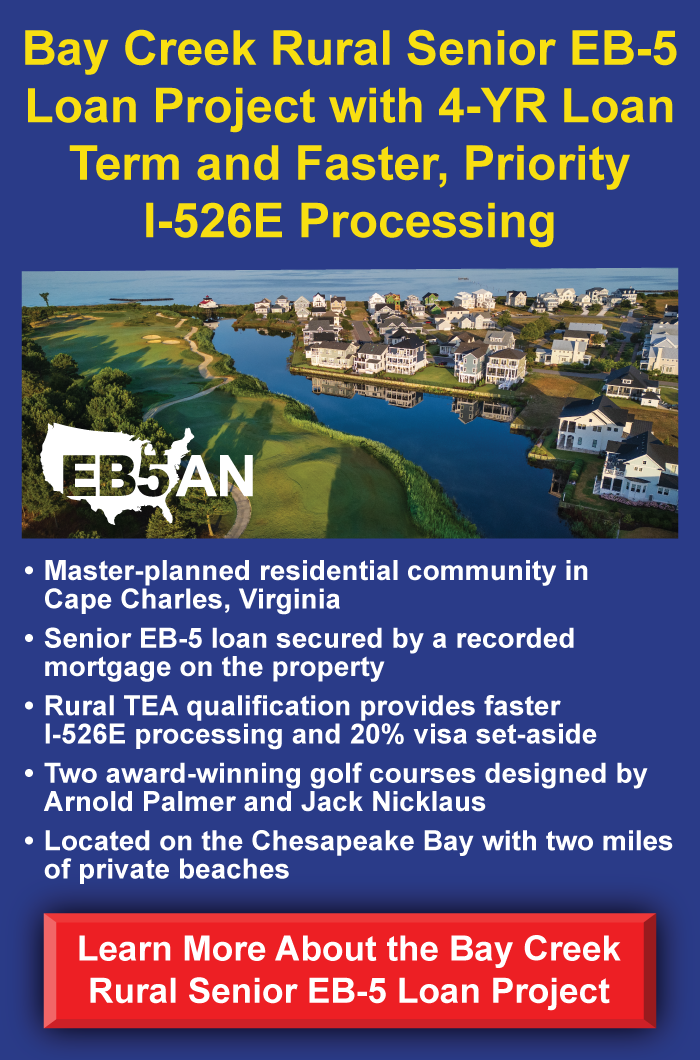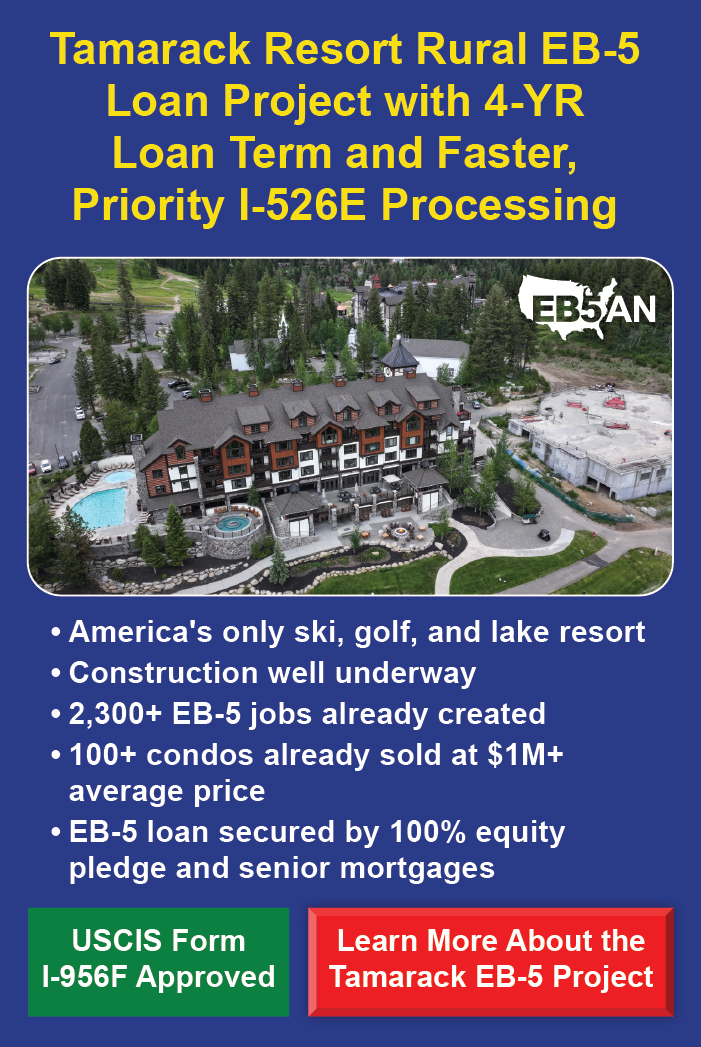The EB-5 Immigrant Investor Program is an excellent opportunity for foreign nationals looking to secure permanent residency in the United States through investment in commercial enterprises. Among other options, direct investment in a franchise of a well-established business is possible route for immigrant investors who lack sufficient knowledge of the industry they wish to invest in or who might be unsure of their entrepreneurial skills. Investors may also feel overwhelmed at the prospect of starting a fresh enterprise in a new land with unfamiliar regulations.
(The vast majority of EB-5 investors invest through regional centers. This investment model often results in increased immigration and financial security. While some investors choose to invest directly in franchises, as this article explains, the safest route for EB-5 investors is to work with a regional center sponsor.)
Franchise Investments
Since a franchise business functions on an already established and successful business model, investing in a franchise unit allows the investor to own and operate a business with fewer obstacles. The investor can benefit from the brand’s credibility, operational support, and proven marketing strategy to establish a customer base and generate stable revenue. The relative ease of operating a franchise of a well-known brand presents the investor with a greater chance to meet the requirements of United States Citizenship and Immigration Services (USCIS) and obtain a Green Card.
Trends show that the franchise sector has promising and robust growth predictions, particularly in the fast food, healthcare, hospitality, education, fitness, home care, and other service-related industries. In 2023, the total number of franchise establishments in the United States is expected to rise to 805,000 units, employing close to 8.7 million people, generating a total of $860.1 billion, and contributing nearly 3% to the GDP, according to the 2023 Economic Franchising Outlook published by the International Franchise Association.
Conventionally, franchising has been typically associated with the food and beverage industry — McDonald’s, KFC, Burger King, and Baskin-Robbins being some of the most popular brands one usually associates with food franchises. Eating out is an experience as well as a necessity, and it is not surprising that the restaurant industry is one of the fastest-growing sectors of the economy. It is also a high job-creating industry with a good success rate and is understandably the topmost choice of immigrants looking for a safe investment with complete ownership.
Although food franchises constitute a significant majority of the entire U.S. franchise industry, investors have other alternatives as well. Hospitality is another established industry for franchise investment, but the costs can be high. Comparatively, healthcare and education offer more promising franchise concepts due to the vast market, high employment opportunities, and healthy return on investment (ROI) in these sectors.
For EB-5 projects in a designated targeted employment area (TEA) (a rural area or an area with an unemployment rate 50% higher than the national average),, the investment threshold requirement is set at a lower amount than that for other areas. This gives investors the benefit of lower investment costs if they select a franchise project in a TEA.
Why Choose a Regional Center Investment Instead?
However, it is to be noted that under the new RIA, immigrant petitions of pooled standalone cases will not be allowed; therefore, USCIS will reject any petition based on a pooled, non-regional center investment filed on or after March 15, 2022. Now, the petitioner will have to make a 100% individual investment, which may discourage prospective investors.
Investors must also consider a few other factors before going the franchise way to secure their permanent resident status. Due diligence must be done to ensure that the franchise offering will fulfill the requirements of the EB-5 program. Some franchises may not meet the minimum job creation criteria of employing 10 or more full-time qualified U.S. workers, while others may impose tight deadlines on the franchisee that may clash with the time taken for processing the visa application. Franchisors also charge a fee from franchisees for using their brand and offering support, which must be considered before making the investment.
As an alternative to investing in a franchise, investors can also opt for EB-5 Immigrant Investor Regional Center Program with advantages such as access to a larger scope of projects, and increased chances of satisfying the job creation criteria, although the ROI for such projects could be lower than ROI from direct investment in a franchise business.
EB5AN has helped more than 2,300 investors and their families get started on the path to a U.S. Green Card. For more information on the best EB-5 investments on the market, schedule a free consultation today.











